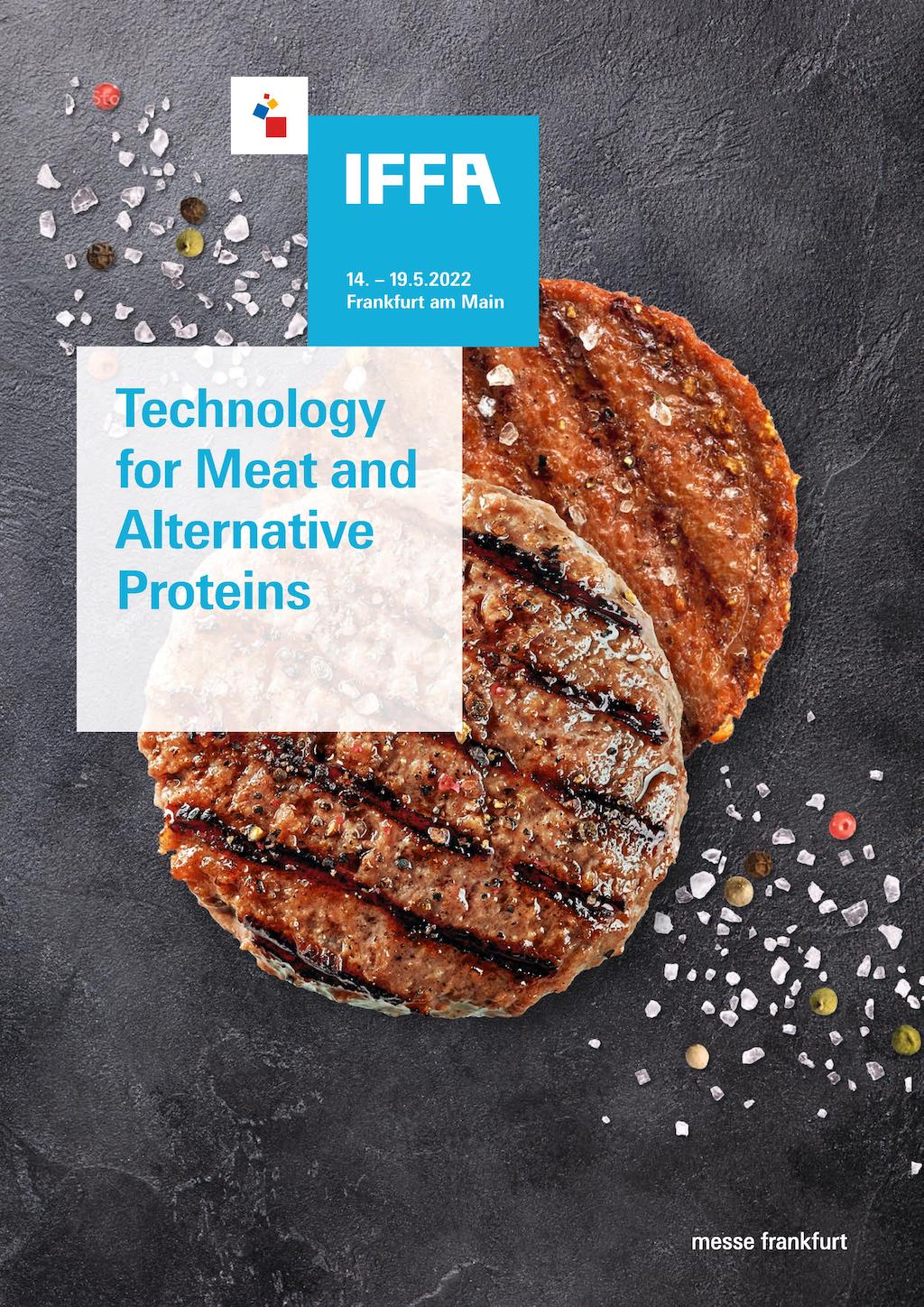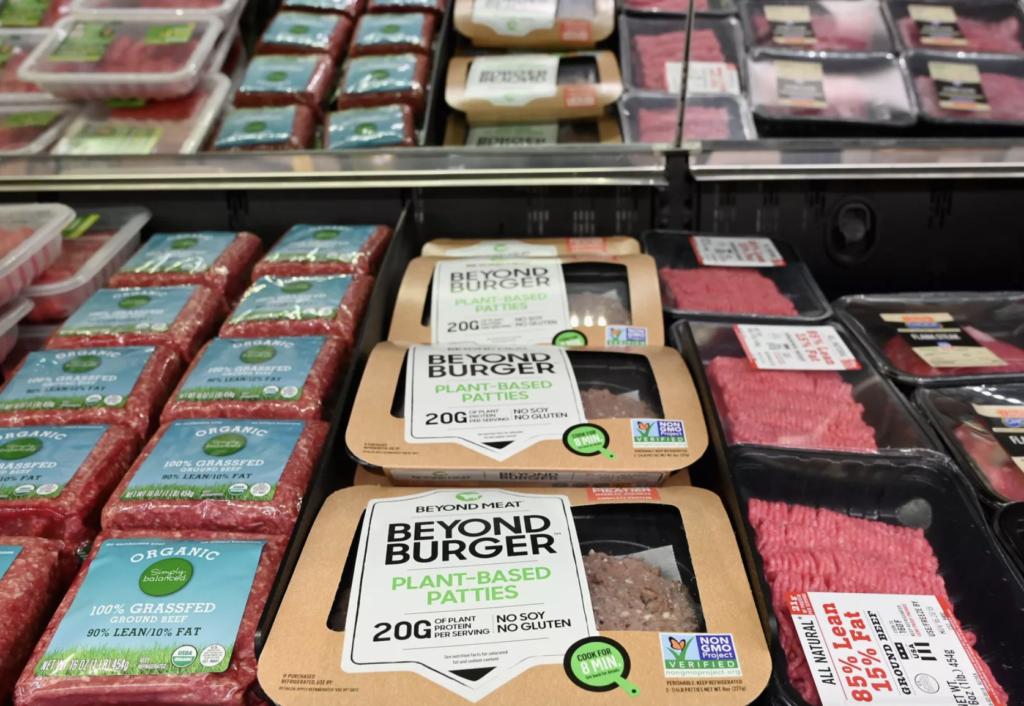3 Mins Read
The world’s leading trade show for the meat industry, the International Trade Fair for the Meat Industry (IFFA), has announced that it will broaden its base to include alternative proteins in its coming edition planned for 2022. It marks the first time plant-based and cell-based meat and the technology behind it will be featured in the 70-plus years of history of the Frankfurt exhibition, in what is a strong signal of the rapid growth and mainstreaming of the sustainable sector.
Held every three years for more than seven decades, IFFA represents the world’s largest trade fair for the global meat industry, drawing in more than 1,000 exhibitors in every edition, including some of the biggest players across the supply chain, from manufacturers to packers and butchers.
Now, the organising body Messe Frankfurt has made the decision to expand its nomenclature to include plant-based and cell-based alternative proteins in a move that recognises the fast-growing sector and its disruptive potential. The new subtitle for the next edition of the IFFA, to be held in 2022 between May 14-29 will be “Technology for Meat and Alternative Proteins”, said the organisers.
The market for meat alternatives is one of the world’s booming sectors at present and we aim to depict this development at the next IFFA.
Wolfgang Marzin, President & CEO, Messe Frankfurt

“The market for meat alternatives is one of the world’s booming sectors at present and we aim to depict this development at the next IFFA,” said Wolfgang Marzin, president and CEO of Messe Frankfurt.
“The core area of expertise of our exhibitors and visitors has revolved around the processing, packaging and sale of meat and meat products since time immemorial. Therefore, we are looking forward to expanding this focus, presenting exciting new products and discussing intelligent applications – a genuine boost to innovation.”
While interest in alternative proteins has risen over the past few years, the industry has received a major boost in the wake of the coronavirus pandemic and disruption slaughterhouse and packaging plant outbreaks had on the global meat industry. Consumers worldwide have responded by doubling down on plant-based meat purchases, including many first-time buyers – the majority of whom say they will continue to choose alternative meats in the future.

Overall, the United Nations FAO estimates that this global pattern will trigger the biggest drop in meat intake seen in decades.
With surging sales, recent reports predict the plant-based industry alone could reach US$21 billion by 2025, much of the demand driven by Asian consumers, then continue growing to top US$35 billion by 2027. These double-digit growth figures far outpace the expected 0.2% annual increase for the conventional meat industry, according to the IFFA, no doubt one of the critical reasons why some of the biggest meat producers including Tyson Foods and JBS have entered the plant-based protein market with new lines of late.
Overall, the United Nations FAO estimates that this global pattern will trigger the biggest drop in meat intake seen in decades.
The trend has even prompted CPG giants such as Nestlé vowing to launch new plant-based products across all categories amidst the pandemic-driven boost for the sector, while Unilever set a bold US$1.19 billion sales target for the plant-based meat and dairy alternative category within the next five to seven years.
Lead image courtesy of IFFA / Impossible Foods / designed by Green Queen Media.




